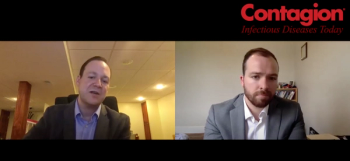
Why people may need to readjust their expectations around COVID-19 clinical data and drugs.

Why people may need to readjust their expectations around COVID-19 clinical data and drugs.

John Strotbeck, Olympian and CEO of Boathouse Sports, explains how and why the outerwear company pivoted to PPE production at the start of the COVID-19 pandemic.
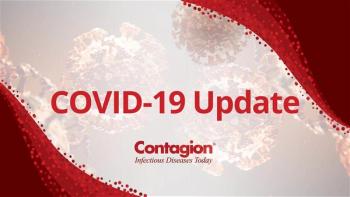
A review of the latest infectious disease news.
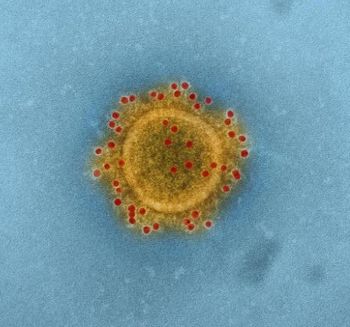
An eventual COVID-19 vaccination should be prepared to face obstacles before distribution, so the groundwork for factual information dissemination should begin now.
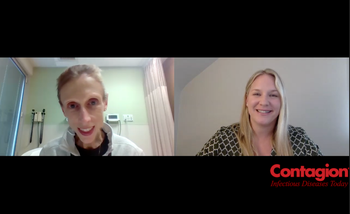
Sarah Jorgensen, PharmD, MPH, BCPS, BCIDP, AAHIVP, provides a deep dive on the pharmacology and biochemistry of remdesivir.
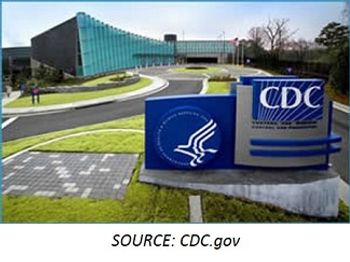
While COVID-19 may have impacted flu-like illness reporting, the CDC estimates there were between 24,000-62,000 related deaths this year.

A study team investigated the ideal physical distance for avoiding SARS-CoV-2 transmission and assessed the use of eye protection and face coverings in preventing acquisition.

Denise Bascow, MD, describes a platform for keeping up to date with the latest clinical information.

A look at the means by which clinicians are quantifying and evaluating the effects of the antiviral drug.
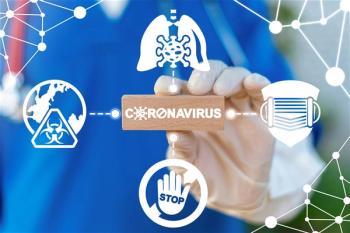
New findings from the CDC show community transmission may have begun in the Pacific Northwest a full month before the first confirmed case.

It's been one month since the antiviral therapy was granted emergency use authorization. How has it affected COVID-19 care?
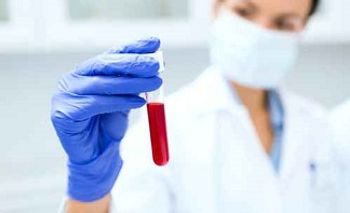
The COVID-19 pandemic has put the brakes on HIV cure research, but investigators report recent progress and promising pathways nonetheless.

A daily infectious disease news update
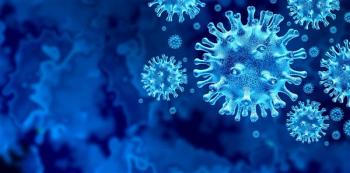
Investigators sought to summarize evidence about the benefits and harms of hydroxychloroquine and chloroquine as treatments or prophylaxis of COVID-19.
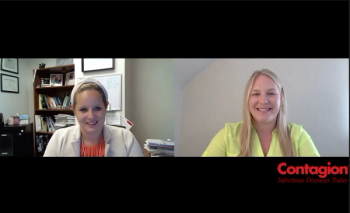
Kelly Cawcutt, MD, MS, shares her thoughts on COVID's impact on health care, as well as why it's so important for clinicians to take breaks.

A new report outlines the proven steps needed to implement a national strategy for SARS-CoV-2 screening.

Early links between heart disease and diabetes and coronavirus severity caused some to fear that the 2 classes of medication might worsen outcomes during the pandemic. A systematic review finds little evidence to back those fears.

A brief on our top stories from May 28, 2020.
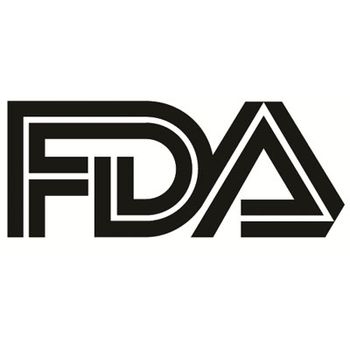
Collected specimens can be tested with the Quest Diagnostics SARS-CoV-2 RT-PCR test to have received EUA from the FDA earlier in March.

Debbie Goff, PharmD, describes how antimicrobial stewardship work has continued during the COVID-19 pandemic.

Experts argue that though public officials may liken coronavirus to "just another flu," the true numbers show a stark difference.
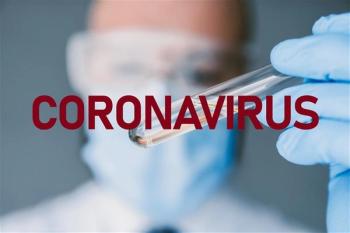
Less ACE2 in nasal epithelium in children could present barrier to SARS-CoV-2 and explain the lower observed rate of pediatric infections.
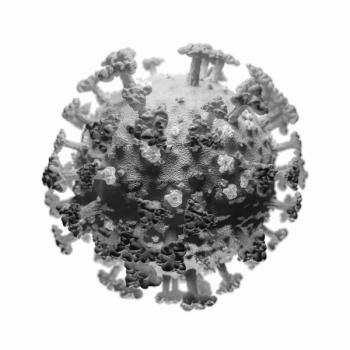
An assessment of severe coronavirus patients administered either five-day or 10-day remdesivir treatment shows benefit is fairly similar, regardless of duration.

A new paper analyzed cancer types to determine which types of cancer put a patient at highest risk of contracting coronavirus.

A daily news update on our COVID-19 coverage.